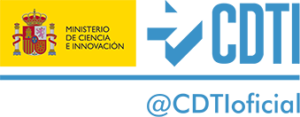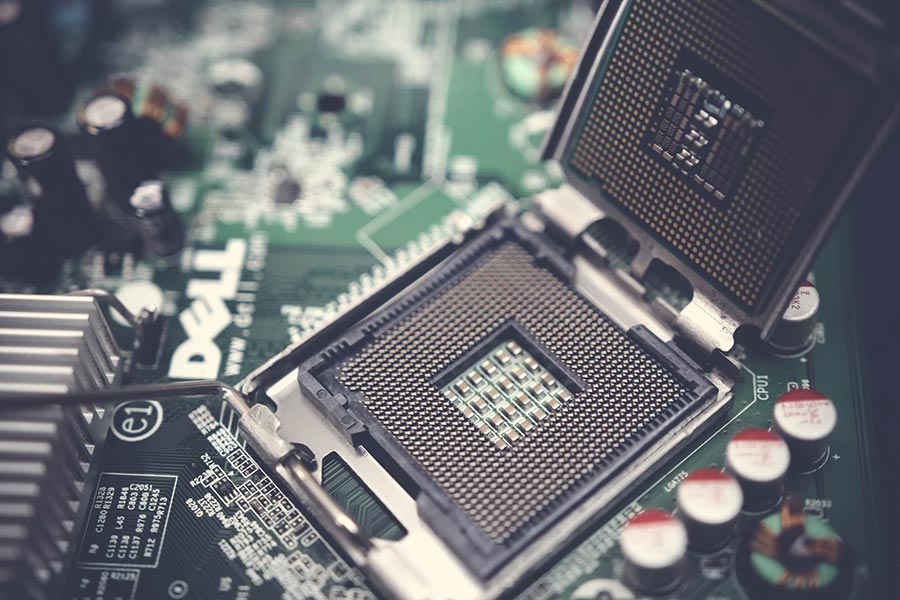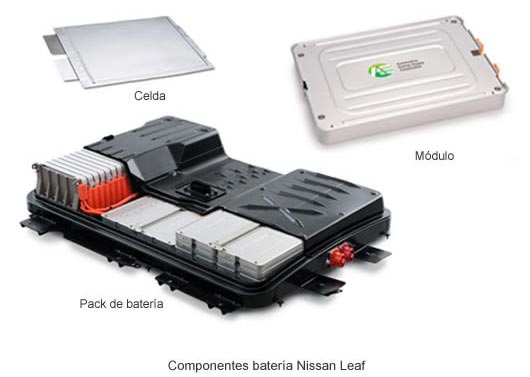SECOND LIFE
The Second Life project was born from the collaboration between CESVIMAP and TECNOVE as a result of the concern for the necessary identification and classification of the state and possible usefulness of used battery modules, with the aim of being able to reuse these still viable battery modules that have been removed from vehicles at the end of their useful life.
This activity will significantly reduce the need for destruction for recycling of batteries that still have energy storage capacity. It will be a very useful working method for the use of batteries in other fields, as well as for the recovery of other types of batteries, which are already and will continue to be a fundamental element in the process of the energy shift that is taking place in our society.
A battery commissioning system will also be created within the automotive environment, creating a portable charger for electric vehicles that have run out of power on the road, so that they can be assisted by a light vehicle carrying the second life battery to supply them with enough power to travel to the nearest recharging point and avoid having to be towed by a tow truck the second-life battery to supply them with enough power to travel to the nearest recharging point and avoid having to be towed by a tow truck.
The other part of the commissioning will be the creation of a recharging station based on the “battery-swap” concept for recharging the batteries of the portable chargers.
The work plan for this project runs for 18 months and includes the development work of the new product in its different facets, as well as the characterisation and analysis of the modules and batteries.
This project has been partially co-financed by the Centro para el Desarrollo Tecnológico e Industrial (CDTI), an agency of the Ministry of Economy and Competitiveness, and the European Regional Development Fund (ERDF). The execution and development of SECOND LIFE results in a total budget of 739,870.00€ and will take place between May 2020 and November 2021 at TECNOVE’s central facilities in Herencia and CESVIMAP’s in Ávila.





